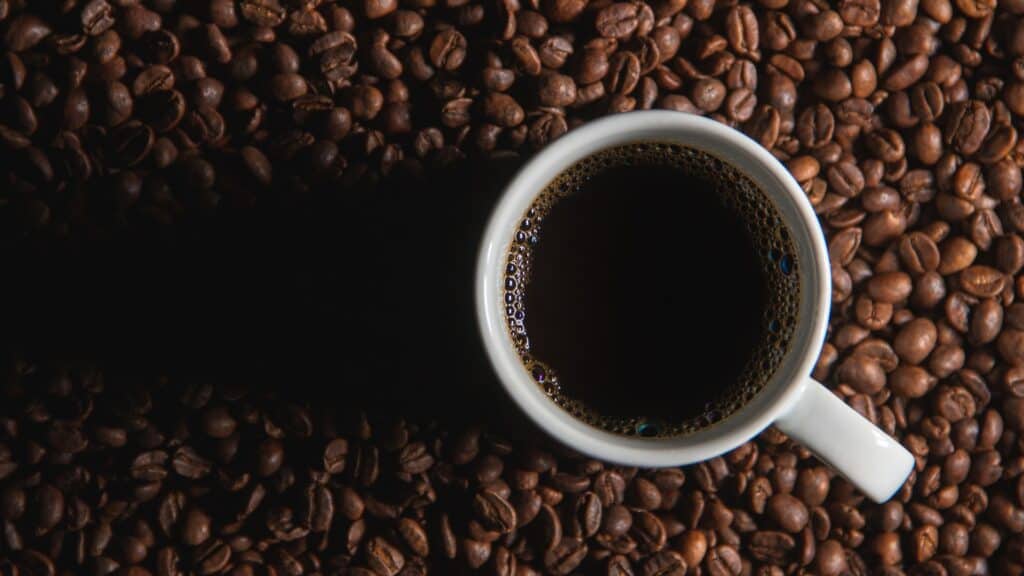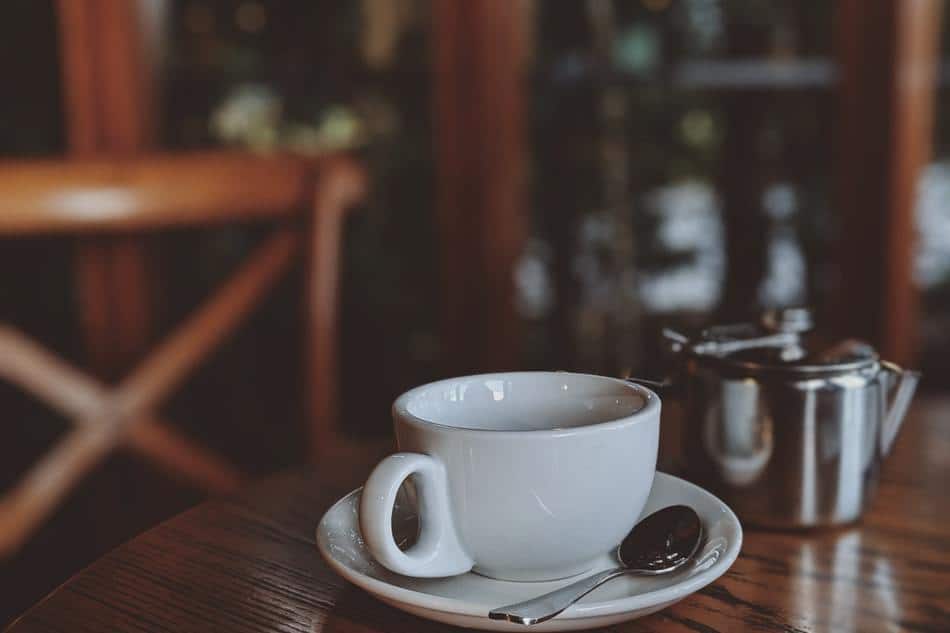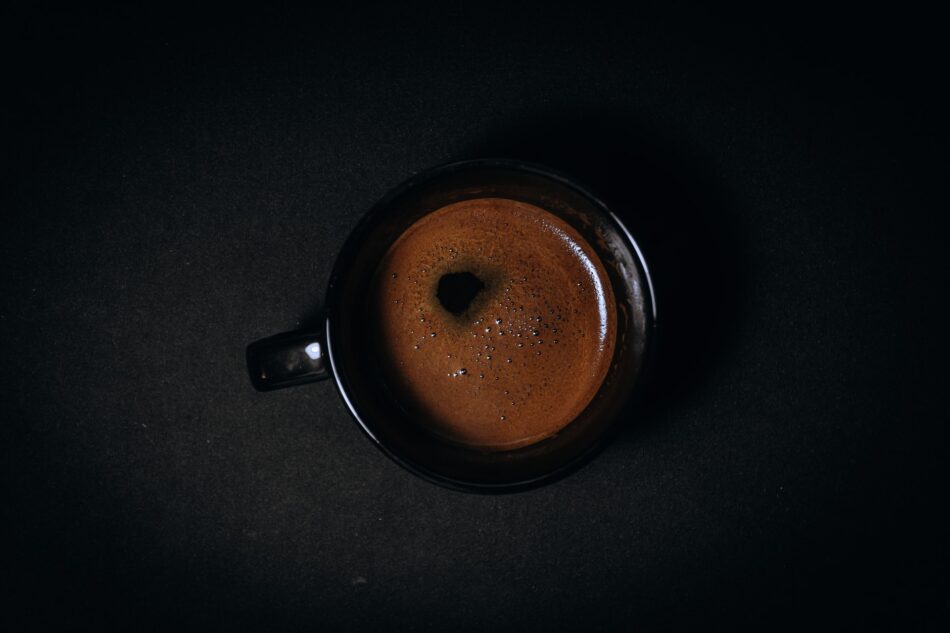Do you ever get that unpleasant taste in your mouth when drinking coffee, and you keep asking why does my coffee tastes burnt? There are many reasons. Many people experience this issue and don’t know how to fix it. Here, I will discuss the possible causes of a burnt-tasting cup of coffee and offer some solutions to help you enjoy your morning cup of joe again!
The answer to why your coffee taste blunt is pretty simple. When coffee beans are roasted, they are exposed to high temperatures that cause them to turn brown. This process also releases oils and other compounds that give coffee its characteristic flavor. However, if the beans are roasted for too long, they can become burnt. The result is a cup of coffee that tastes bitter and acrid. Keep reading, let’s take a closer at the reasons.
Overheating Your Coffee
When coffee is brewed at too high of a temperature, it can start to taste burnt. This is because the coffee beans begin to over-extract, resulting in a bitterness that is often associated with burnt food.
If you’re brewing your coffee at home and find that it’s starting to taste burnt, try reducing the water temperature or brewing for a shorter amount of time. You may also want to experiment with different bean varieties or grinds to find one that tastes best when brewed at a lower temperature.

Using Over roasted Coffee
This is because over-roasted coffee beans can contain more oils and caffeine. The darker the roast, the more oil is released from the bean. This oil can make your coffee taste burnt. If you want to avoid this, try using a light or medium roast instead.
Caffeine is also more concentrated in darker roasts, so if you’re looking to cut down on your caffeine intake, it’s best to choose a lighter roast. Keep in mind that even though dark roasted coffees have less caffeine, they can still pack a punch if you drink too much. So be mindful of your consumption no matter what type of roast you choose.
Overall, it’s best to experiment with different types of roasts to see what you like best. And remember, even if you don’t love a certain roast at first, it can grow on you over time. So don’t write off a coffee just because it’s not your usual cup of joe.
You Are Using Stale Coffee
When you use coffee that is even a day old, you are more likely to notice a difference in taste. This is because coffee beans start to lose their flavor and aroma shortly after they are roasted. If you want to enjoy the best possible cup of coffee, it is important to use fresh beans. Coffee that has been sitting on a grocery store shelf for weeks or months is not going to taste as good as coffee that was roasted more recently.
Try the following tips
- If your coffee tastes burnt, it might be because you are using stale beans. Try using fresher beans and see if that makes a difference.
- You might also want to experiment with different brewing methods to see if that affects the taste of your coffee.
- Finally, make sure you are storing your coffee beans properly. Coffee beans should be kept in an airtight container in a cool, dark place. If they are exposed to too much light or heat, they will start to degrade and lose their flavor.
By following these tips, you can make sure that your coffee always tastes fresh and delicious.
Your Coffee Making Tools Are Dirty
You might not realize it, but your coffee-making tools are probably dirty. That’s why your coffee tastes burnt. If you want to make the best possible cup of coffee, you need to start with clean equipment. Here’s how to clean your coffee maker and keep it in top condition.
Coffee makers can be full of all sorts of dirt and grime, from the water you use to brew your coffee to the oils from the beans themselves. Over time, this build-up can start to affect the taste of your coffee. If you notice that your coffee tastes burnt or bitter, it might be time to give your machine a good cleaning.
To clean your coffee maker:
- Start by running a cycle of just water to flush out any old coffee or oils that might be lingering in the machine.
- Then, add a mixture of water and vinegar to the reservoir and run another cycle. This will help to remove any built-up residue from the inside of your coffee maker.
- Once you’ve run a couple of cycles with water and vinegar, flush out the machine again with just water to remove any traces of vinegar. Then, wipe down the outside of your coffee maker with a damp cloth.
By taking some time to clean your coffee maker regularly, you can help extend its life and ensure that it continues to make great-tasting coffee for years to come.

Best Brewing Temperature For Coffee
The ideal brewing temperature for coffee is between 195 and 205 degrees Fahrenheit. This range of temperatures will extract the most flavor from your coffee beans. If your coffee is too hot, it will be bitter. If your coffee is too cold, it will be weak. Experiment with different brewing temperatures to find what you like best.
Some people like to brew their coffee at a higher temperature because it makes the Coffee more potent. While this may be true, the higher temperature also brings out more bitterness in the Coffee. If you are looking for a strong cup of coffee, try brewing at a lower temperature and then add more grounds per ounce of water used. This will give you a strong cup of coffee without all the bitterness.
Final Words
The bottom line is that if your coffee tastes burnt, it’s probably because it was roasted for too long. This will give the beans a dark, bitter flavor that can be hard to stomach. If you find yourself constantly struggling with this issue, it might be time to switch to a lighter roast. Doing so will help you avoid those nasty burnt flavors and enjoy your coffee more. Thanks for reading! I hope this helped clear things up a bit.
If you’re looking for more coffee-related content, be sure to check out my other blog posts. I’ve got everything from recipes to brewing tips to answers to common questions. You’re sure to find something that interests you!
Related Articles

